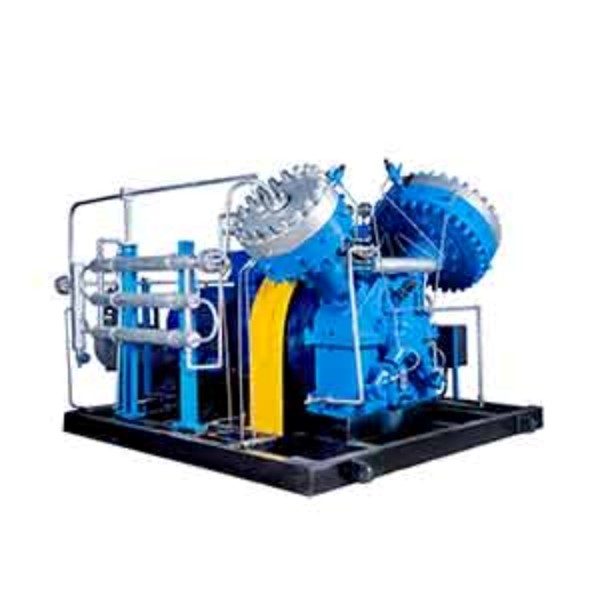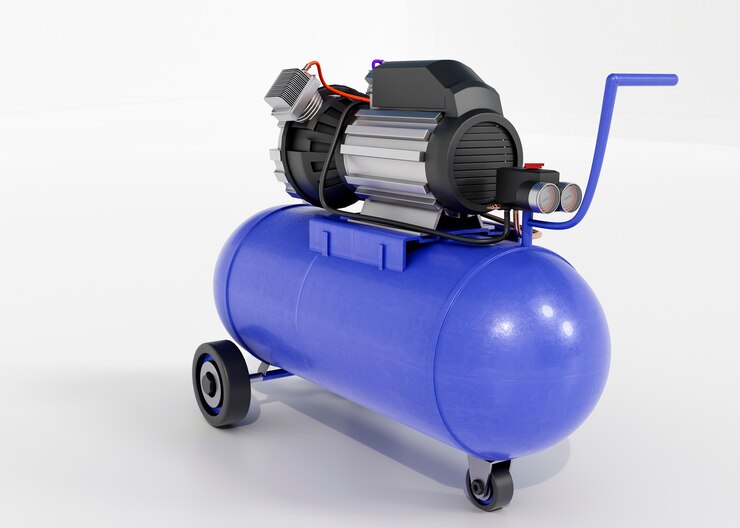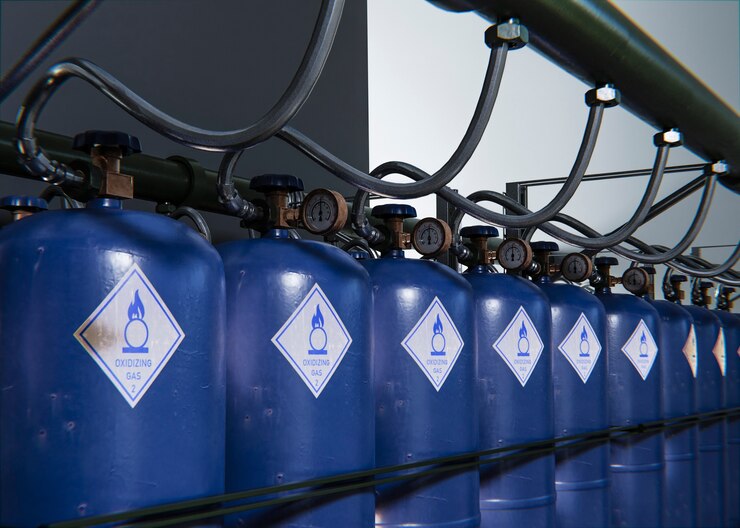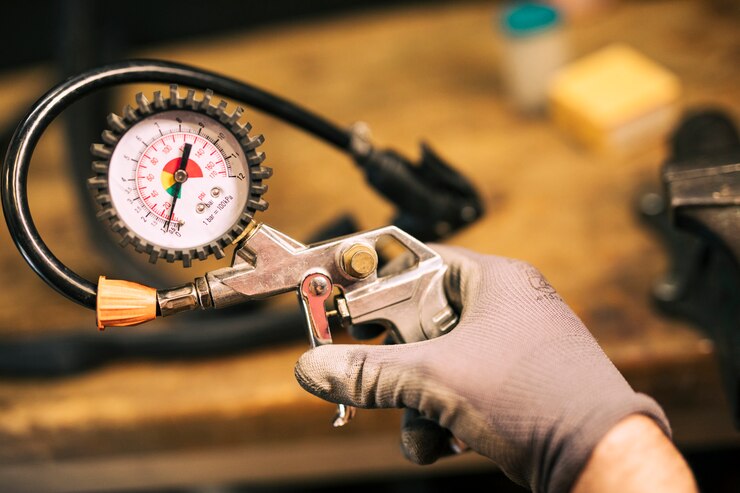Comparing Diaphragm Compressor VS Piston Compressor: Key Differences Explained
Diaphragm Compressor vs Piston Compressor: A Comprehensive Guide
When it comes to compressors, two popular types often come into the spotlight: diaphragm compressor Vs piston compressor. Each has its advantages depending on what you want to achieve in your project. In this article, it will be quite insightful to take a closer look at these compressors to enable the reader to get a well-informed understanding of their various types and which best suits a given application.
What is a Compressor?
A compressor can be described as a machine, which is primarily designed to compress the volume of a gas while decreasing its pressure. This basic function is required in all sectors such as automotive and pharmaceuticals and so on. There are two general types of compressors, the positive displacement compressor and non-positive displacement compressor which include diaphragm/piston and rotary/centrifugal respectively.
Types of Compressors
Diaphragm Compressors: These employ a flexible diaphragm to compress gas thus forming an aseptic environment free from contamination. Some are famous for not using any oil in their work they are best suited for sensitive uses.
Piston Compressors: These use a piston that moves backward and forward to compress the gas. They can also be either the oil-free type or the oil-lubricated type due to their flexibility in their usage.
Diaphragm Compressor vs Piston Compressor: A Detailed Comparison
With a basic understanding of what compressors are let’s look at a basic of diaphragm compressor vs piston compressor.
Compression Mechanism
• Diaphragm Compressors: Use a diaphragm that forms a flexible wall to allow variation in volume pressure which in turn compresses the gas. This mechanism ensures operation with minimal noise production and with minimal disruptions.
• Piston Compressors: Cryto Pistons can be used within a cylinder to compress gases. While rising and descending the pressure within the cylinder is high since its volume is decreasing during the piston movement.
Compression Ratio and Efficiency
• Diaphragm Compressors: Altogether, it is seen that the diaphragm compressor typically has a lower compression ratio than that of the piston compressor. Still, they are more efficient, especially for lower-pressure purposes.
• Piston Compressors: The piston type is usually considered to have a higher compression ratio which makes it suitable for high-pressure use. As a result of this, their volumetric efficiency may well be appropriate for a range of industrial uses.
Flow Rate
• Diaphragm Compressors: These compressors normally have a flow rate that is lower than that of the piston compressor and are mainly used in the medical and laboratory industry which requires precision and low flow.
• Piston Compressors: They can accommodate the higher flows – they are suitable for heavy usage in car manufacturing, and other industries where high flows are required.

Noise Level
• Diaphragm Compressors: Run at lower decibel levels, so preferred for use where low noise levels are important.
• Piston Compressors: Usually are noisier because of the mechanical process of transferring heat to the environment and this is a cumulative disadvantage in areas that require less noise.
Maintenance Requirements
• Diaphragm Compressors: Often less likely to cause problems that demand repair because of their relatively simple construction and few working components. The lack of oil also means that there are not as many oil changes, and this results in related maintenance costs as well.
• Piston Compressors: Need more frequent servicing especially if they are using oil as their lubricant. Piston rings and many other parts might tend to wear out and this might lead to replacement.
Cost Considerations
• Diaphragm Compressors: Usually have a higher initial cost than those that are part of an integrated system because they are usually designed to be so. However, their maintenance costs are relatively low, and can balance this in the long run treatment.
• Piston Compressors: On average they have the initial advantage in that they will cost less to purchase but can toll the same or more in terms of maintenance costs.
Delivering Global Gas Compressor Solutions to Customers Worldwide
As the modern world becomes more integrated, the need for efficient and dependable compression of natural and other types of gas remains high across many sectors. This is especially so if it is for the medical sector, automotive industry, or chemical processing where the right compressor can make a world of difference in the operations of the plant and the end product.
Comprehensive Solutions for Diverse Needs
We are the premier provider of gas compressor technology and solutions as we understand the specialized needs of our worldwide clients. In terms of products, we have both diaphragm and piston compressors so there is always something for everyone.
Brief Overview of Our Gas Compressors
• High Efficiency: These compressor products offer the highest level of energy efficiency for our business clients resulting in low operating expenses.
• Oil-Free Options: Focusing on sanitation and quality, we present a wide range of oil-free piston and screw compressors for critical applications in healthcare and food processing.
• Robust Design: Our compressors have been designed for reliable performance even in the most challenging conditions – our parts are tough and made to last.
• Versatile Applications: Our compressors can be used in industrial and laboratory environments, as well as in various, different pressure and flow capacity needs.
We Offer Global Reach and Local Expertise
We are proud to have offices in many countries and as such are proud to offer not only our products but also solutions. We have highly skilled professionals to deal with different sectors across the world from installation to servicing our team.
Commitment to Quality and Innovation
We therefore advocate for inherent change and adaptation to provide better services and products. Our engineers need to seek the latest technologies and methodologies on how to develop highly efficient and reliable gas compressors for our customers.
Partnering for Success
Selecting the right gas compressor is never about the physical product alone; it’s about establishing a relationship. Valuing customer relationships, we assimilate all customer’s needs and concerns, providing customized approaches to achieve goals.
Use of Diaphragm and Piston Compressor
Diaphragm Compressor Used Industries
• Medical Applications: Diaphragm compressors also work without oil and, therefore, are very useful where their absence is prohibited in medical applications and equipment.
• Laboratory Applications: Perfect for use in any lab because it allows metered delivery of gases which may not be possible with other systems due to contamination by preceding gases.
• Food and Beverage Industry: They are used in programs that necessitate high levels of cleanliness.
Companies that use piston compressors include
• Automotive Industry: Slightly used for generating power for tools and equipment that are used in automotive industries.
• Chemical Industry: Once again suitable for use in high-pressure applications such as gas transportation and processing.
• HVAC Systems: It is applied on different HVAC systems where constant pressure regulation is necessary.
Conclusion:
Diaphragm compressor vs piston compressor ultimately boils down to your specific needs and application requirements. If you require precision, oil-free operation, and lower noise levels, a diaphragm compressor might be your best bet. On the other hand, if you need higher pressure, and flow rates, and are working in a demanding environment, a piston compressor could be the right choice. For more information on compressors and to explore a variety of options, check out China Compressors.



